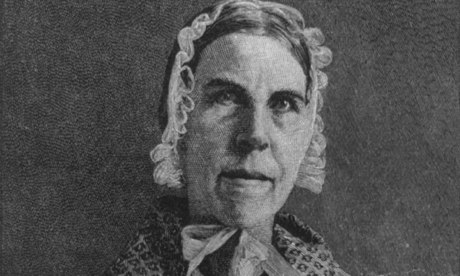The House I Live In really
opened my eyes to the affects that "the war on drugs" has had on our country.
Prior to watching this documentary, I did not realize that the system that was
designed to diminish the impact drugs have on our country not only failed
beyond measure, but actually seems to have worsened the problem.
I believe the manner in which this
documentary was put together was extremely effective. Both the lawbreakers and their families and the law enforcement officials all seem
to have a collective opinion that the war on drugs has failed. I would have to agree with them.
However, I was so blown away by how
drastically wrong everything went that I nearly overlooked the victims, besides
the criminals. I am certain they were
left out as part of a strategy, to make the government the only responsible party
for the drug problem in America and I don’t discount that the hold a lot of culpability. But if I were filming this documentary, I
would include the real casualties to the war on drugs. Those are the ones who have died at the hands
of the dealers and the users. Not only
those who have overdosed, but those who may have lost their lives due to the
violence behind drugs. They talked about
the children who became drug dealers because it’s all they knew, but they
failed to address the ones who never made it that far.
Doing illegal drugs IS a crime and
it does impact innocent people’s lives. The
documentary failed to address a crucial point as they did not discuss or interview
people whose children lost their lives because of another person’s involvement in
drugs. This would add more truth to the documentary. Seeing not just the deterioration of life as
a result of dealing drugs or doing drugs, but instead, seeing the bigger
problem behind drugs and that is the loss of innocent lives and families
destroyed.
So although I can see the point behind
the story, there is more to be said on the war on drugs.






